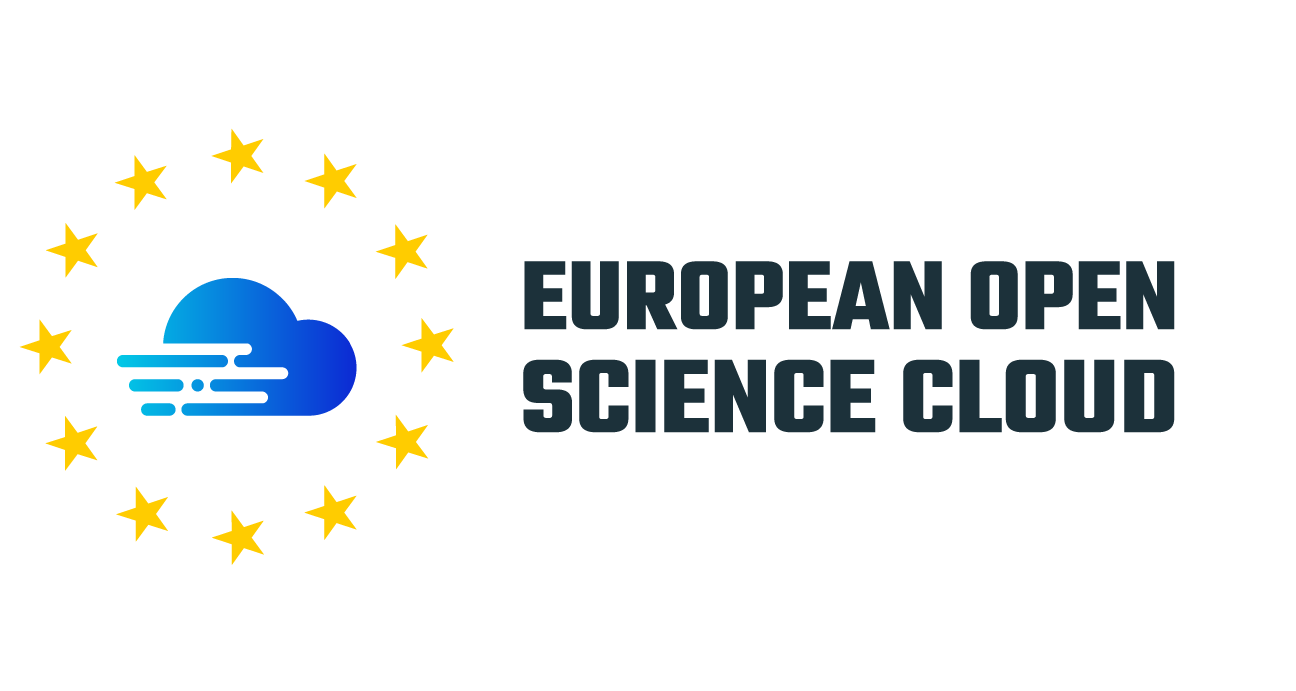Lund University decided in November 2021 to apply for membership in the EOSC Association, which will be beneficial both for the University in general and for researchers involved in different projects related to EOSC. But what is EOSC? Here follows a short background.

The European Open Science Cloud (EOSC) is an environment for hosting and processing research data to support EU science. The ambition of EOSC is to provide European researchers, innovators, companies, and citizens with a federated and open multi-disciplinary environment where they can publish, find and re-use data, tools and services for research, innovation and educational purposes. This environment will be realized through the EOSC Portal.
EOSC was originally started in 2015 by the European Commission. The aim was to federate existing research data infrastructures in Europe and realize a web of FAIR data and related services for science, making research data interoperable and machine actionable following the FAIR guiding principles. In the initial phase of development until 2020, the Commission invested around €320 million to start prototyping the EOSC through project calls in Horizon 2020. EU countries and countries associated with Horizon 2020, represented in the EOSC Governance Board, agreed unanimously to run the EOSC as a co-programmed European Partnership under Horizon Europe from 2021. In July 2020, an EOSC Association was set up to provide a single voice for advocacy and represent the broader EOSC stakeholder community. This association became operational in 2021 and is rapidly expanding its membership.
Benefits with a membership for Lund University:
• Opportunity for an active engagement in the development of EOSC, which means both access to resources within EOSC and valuable contacts.
• Opens up for valuable collaborations for our researchers.
• Opens up for valuable collaborations for our research infrastructures.
If you have any questions, contact kristoffer.holmqvist@ub.lu.se
